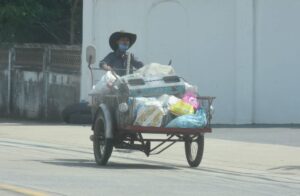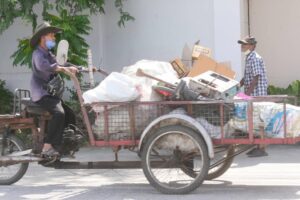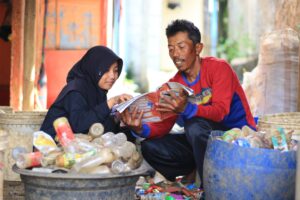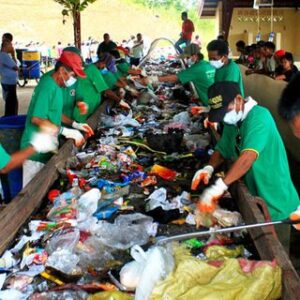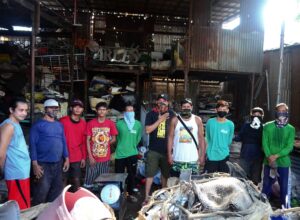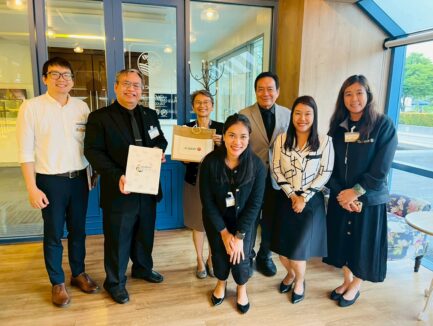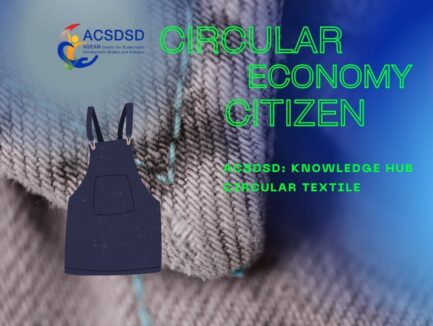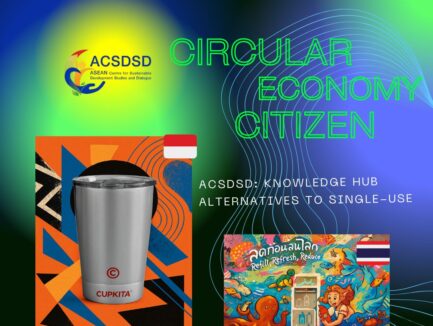Saleng, Pemulung, and Basurero: ASEAN’s Informal Green Workforce
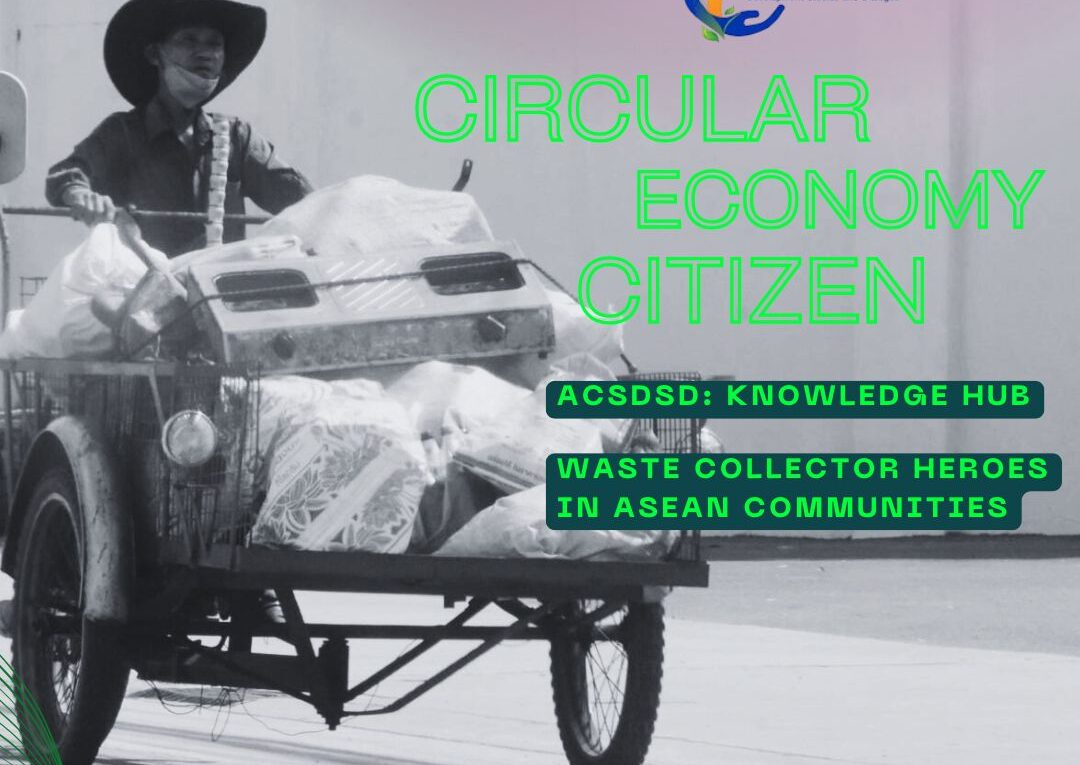
Saleng waste collectors in Thailand—and their counterparts in Indonesia and the Philippines—are unsung heroes of urban sustainability, quietly powering circular economies from the ground up.
In Thailand, saleng waste collectors are grassroots recyclers who’ve long been part of the urban landscape. They are often seen pedalling modified tricycles stacked with recyclables. Many Thais grew up knowing a saleng personally. These collectors sort, buy, and resell discarded materials, reducing landfill waste and giving new life to what others throw away. Though informal, their work is essential: they help cities manage waste more efficiently, often reaching areas that formal systems overlook.
In Indonesia, informal waste collectors known as pemulung or pengepul play a similar role. They are the backbone of the country’s recycling chain, collecting household waste and selling it to waste banks or recycling centres. Despite their impact, they face low pay and limited recognition. Programmes like the Responsible Sourcing Initiatives by the Circulate Initiatives aim to improve the plastic waste supply chain, promoting a circular economy while respecting the rights of informal workers, particularly scavengers.
In the Philippines, over 100,000 informal waste workers—many of them women—keep streets clean and communities functional. They sort and collect recyclables, often under hazardous conditions and for meager wages. Recent policy shifts aim to formally recognize their contributions, offering access to benefits and safer working conditions. The Department of Environment and Natural Resources (DENR) is pushing to integrate informal waste workers into the law’s implementation so they can have a steady source of income, benefits, and protection of their rights.
Across ASEAN, these waste collector heroes are not just recyclers—they’re environmental stewards, economic actors, and community lifelines. Recognizing and supporting them is key to building inclusive, sustainable cities.
Youth Conservation Initiative (YCI) Bali (@ycibali_ on Instagram) empowers young changemakers through community clean-ups and recycling drives. By collecting waste, sorting recyclables, and educating locals, YCI fosters environmental responsibility and circular habits with youth-led digestible reels and talk shows. Their hands-on actions not only beautify Bali’s landscapes but also build a culture of youth-led sustainability and climate resilience.
Focused on the Lao PDR, the World Bank published a study on informal waste workers in 2024. This report documents the lives of informal waste pickers who collect and recycle materials from streets and landfills. It highlights their environmental contributions and recommends legal recognition, health protections, and livelihood support.
World Bank: “Unseen Green Jobs – A Study on Informal Waste Workers” (2024)
Read the report: documents.worldbank.org/en/publication/documents-reports/documentdetail/099060524020020569/p17759419b84dd03718b3412dfec8ca038f
From Waste to Wealth: Advancing ASEAN’s Circular Economy through EPR Alignment (2025) outlines a regional roadmap to harmonize Extended Producer Responsibility frameworks. Published by the EU-ASEAN Business Council and ASEAN-BAC, it positions EPR as both an environmental mandate and economic catalyst for circularity, innovation, and cross-border collaboration across Southeast Asia.
Read the report: https://ce.acsdsd.org/knowledge/from-waste-to-wealth-advancing-aseans-circular-economy-through-epr-alignment/
Source:
📬 Contact: Pakjira Numchaisombut, Communication Officer at ACSDSD (pakjira.num@acsdsd.org)
For contributions to the ACSDSD blog or inquiries about ASEAN sustainability campaigns.
📘 ASEAN Complementarities Focus Areas
ASEAN Complementarities Initiatives
Infrastructure and Connectivity
Sustainable Consumption & Production
